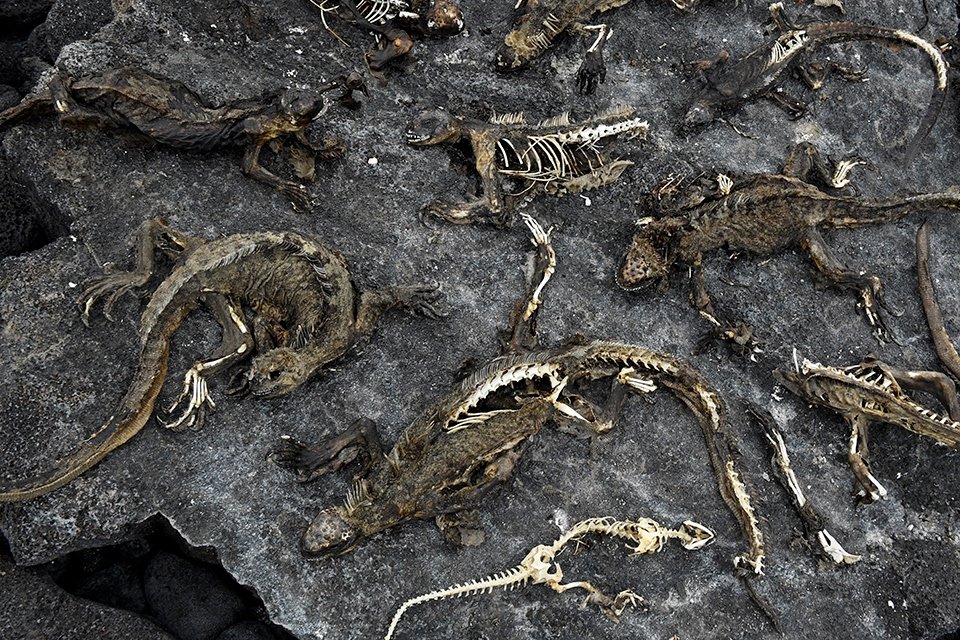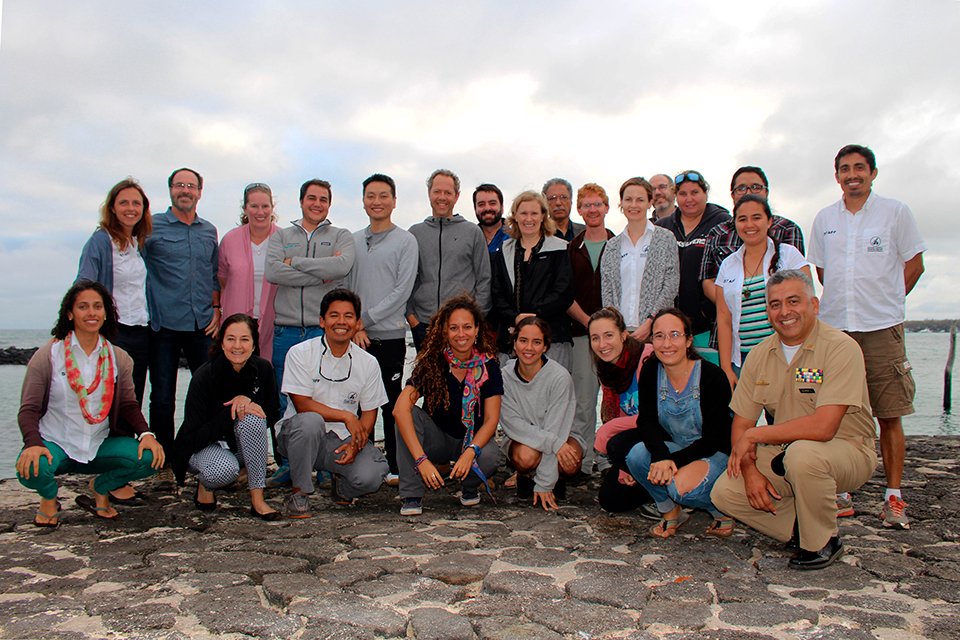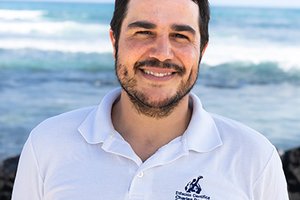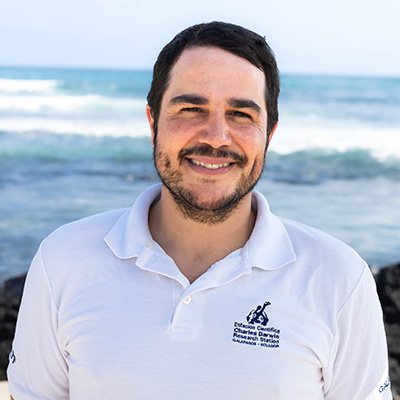A recent publication in the scientific journal Nature Climate Change, a global reference for climate change studies, suggested that the enchanted islands can be a natural laboratory, ideal for understanding this threat and implementing innovative solutions to address it.
This contribution is the result of an interdisciplinary workshop held at the Charles Darwin Research Station in Puerto Ayora, Galapagos, with the participation of renowned international experts and led by scientists from the Charles Darwin Foundation (CDF). This workshop aimed to develop a research agenda for the adaptation and mitigation of climate change in the Galapagos Marine Reserve.

The publication highlights how Galapagos ecosystems have evolved over time to adapt to extreme weather events that occur during El Niño and La Niña phenomena. However, the article shows that the intensity and frequency of these events have increased in recent decades due to the impact of climate change.
Moreover, the negative effects of these events on the Galapagos Islands have been evidenced in a magnified way, given the deterioration of ecosystems, mainly due to the increased human presence, the introduction of invasive species and overfishing of coastal resources.

"Climate change is real, and no corner of the planet is going to be immune to its impacts. The Galapagos are a microcosm where many of the major problems that condition sustainable development, such as the introduction of invasive species or overfishing, are also an ideal natural laboratory for understanding the impacts of climate change on ecosystems and society while designing creative solutions to adapt and become more resilient,” says Dr. Pelayo Salinas de León, senior scientist of CDF and National Geographic Society's Pristine Seas program, who led this research.

"One of the critical aspects of the changes faced by natural and social systems today is the scale and speed at which these changes occur. This shows us the imminent need to adapt, not only through technology but innovation. This co-evolution also requires a paradigm shift in our understanding of the world and our role in it." Dr. María José Barragán Paladines, Director of Science and Interim Executive Director of the Charles Darwin Foundation.
The publication concludes by making a clear reference to how Charles Darwin's lessons are more relevant than ever: "Just as the Galapagos Islands captured the world's attention after Charles's visit more than 180 years ago, they can again inspire and inform the global community's response to increased environmental extremes. The Darwinian approach to natural evolutionary processes needs to be expanded to promote a conscious co-evolution of resilient socio-ecosystems. Basically, not embarking on this co-evolutionary process to address the global problem of climate change would be to ignore Darwin's fundamental lesson that change is inevitable, and only the organisms that best adapt will survive. In fact, Darwin's theory of natural selection also shows that survivors, if they adapt well, can emerge stronger than before".
The development of the workshop that inspired this publication was made possible by the generous donations from the fund in memory of Dr. Gerrard Wellington, created by Amy Blackwell and funds from the Helmsley Charitable Trust.
-ENDS-
About Nature Climate Change
Nature Climate Change is a monthly, reputable scientific journal dedicated to the publication of the most significant and cutting-edge research on the nature, underlying causes or effects of global climate change and its consequences for the economy, politics and society at large.







